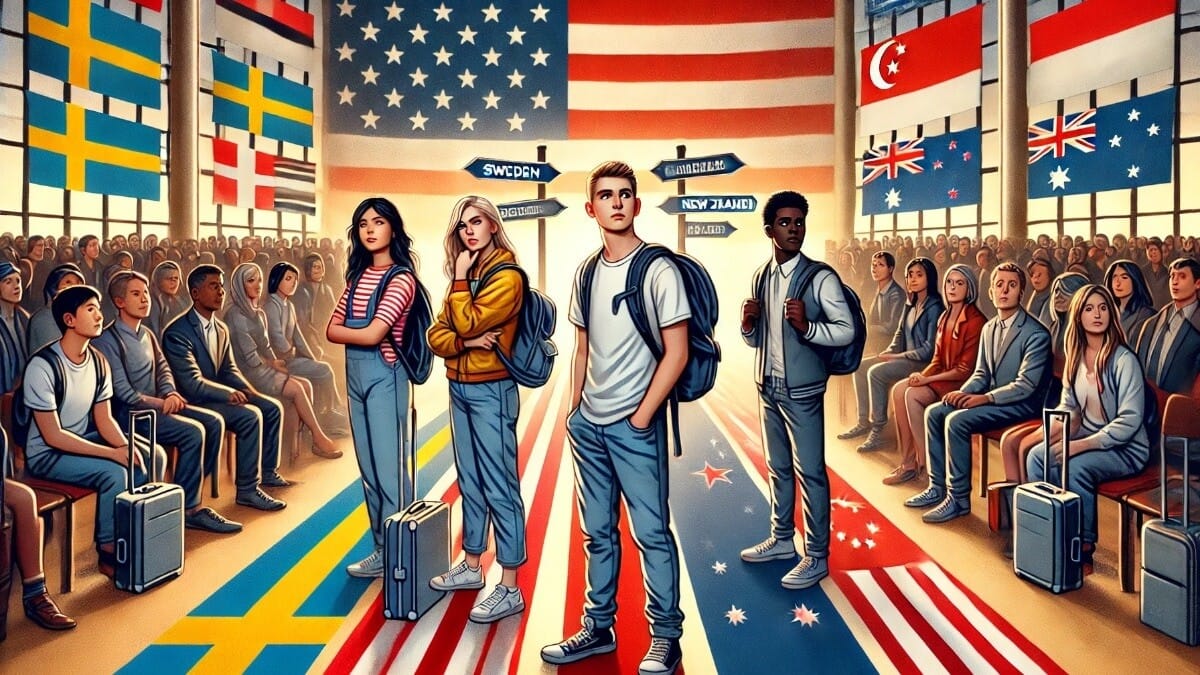US announces H-1B visa overhaul to fill jobs faster
What's the story
In a major development, the United States Department of Homeland Security (DHS) announced a major overhaul of the H-1B visa program, effective January 17, 2025.
The modernization seeks to simplify the approval process and offer more flexibility to employers to retain top talent.
The changes will benefit Indian professionals immensely as they have traditionally received a major chunk of these visas.
Economic impact
H-1B visa overhaul to boost US economy
The revised rule aims to meet labor demands in essential sectors and strengthen the US economy.
Secretary of Homeland Security Alejandro N Mayorkas said, "American businesses rely on the H-1B visa program for the recruitment of highly-skilled talent, benefitting communities across the country."
He further said that these improvements would increase economic competitiveness and promote American innovation.
Student impact
New rule eases transition for F-1 visa students
Key updates as part of the new rule include flexibilities for F-1 visa students transitioning to H-1B status, ensuring continued lawful status and employment.
The rule also allows quicker processing for individuals previously approved for an H-1B visa and extends eligibility under certain conditions to beneficiaries with a controlling interest in the petitioning organization.
Program integrity
H-1B visa overhaul strengthens program integrity
The new rule bolsters program integrity by codifying USCIS's authority to conduct inspections and impose penalties for non-compliance.
Employers must establish that they have a bona fide job in a specialty occupation by the worker's start date and provide supporting documentation consistent with their Labor Condition Application.
The definition of specialty occupations has been modernized, clarifying eligibility criteria for non-profit and governmental research organizations exempt from the annual visa cap.
Visa cap
H-1B visa cap and exemptions clarified
The annual cap for H-1B visas is 85,000 (65,000 for regular cap applicants and 20,000 for advanced degree holders). However, many non-profits are cap-exempt.
In 2023, Indians made up 72.3% of 386,000 H-1B visas.
Cap-exempt organizations can apply year-round, not limited by the annual cap.
The new rule more clearly defines these organizations as those whose main activity is research, ending past confusion over cap exemptions.
